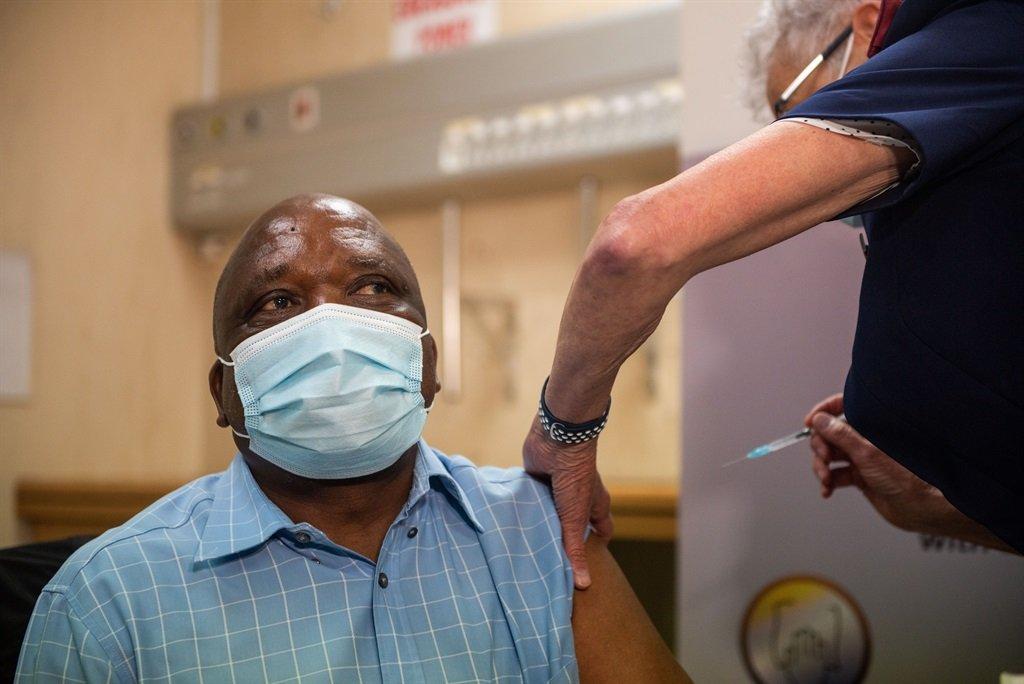Africa-Press – South-Africa. The health department has announced they are at
risk of destroying 100 000 doses of Covid-19 vaccines which expire at the end
of March.
On Friday morning, Health Minister Joe Phaahla
announced that because of waning vaccination rates, unused Pfizer doses will
expire at the end of the month.
“It will be sad if a significant dose of
vaccines is discarded. We hope that we don’t reach that stage.”
Vaccination rates, Phaahla said, have been slowing
down, especially in the younger age groups.
“Our biggest drawback is the 18-34 years age
cohort with 34% coverage and 29.3% full vaccination; we need at least another five
million of this cohort to get to 60% coverage.”
Currently, 47.95% of the adult population has
received at least one dose of the vaccine.
The department’s Dr Nicholas Crisp said the country
currently had 25 million doses of vaccines, 13 million of which were Pfizer. He
said the Pfizer vaccine had a shelf life of between seven and nine months.
No Johnson & Johnson (J&J) doses were in
danger of expiring this year, Crisp said.
He added:
He said 100 000 doses would expire on 31 March, but
that they didn’t expect a risk of expiration in April.
“But from May, June and July, the number of
doses that are going to expire increase. Those are the ones we are in the
process to swap out with countries and jurisdictions that need vaccines now.
“There are countries struggling to get
vaccines at the moment. Ten percent of the adult African population are
vaccinated. There are countries that need vaccines now and one wants to give
them a fair chance of getting them used,” Crisp said.
Phaahla said they were working with the World
Health Organisation (WHO) and Covax to see if vaccine exchange programmes could
be put in place.
“If two or three months ahead of time, we see
that a certain number of doses will not be utilised, we reach an agreement with
some of the partners who have a faster uptake to take our doses and, when we
are ready for the return of those doses, we can get them,” he said.
Phaahla said the government was in the final stages
of consulting on whether to have vaccine mandates or not.
He said:
“While there are different views on the
matter, the undisputed fact is that the more people are vaccinated, the more we
can open many economic and social activities safely.”
He said if South Africans wanted to reopen more
sectors – like attending sporting activities and concerts – vaccination rates
needed to increase.
“To reclaim our lives is possible. We appeal
for those who have not come forward [to vaccinate], to come forward. Those who
have not boosted, to come forward.”
Crisp said healthcare workers would soon be allowed
to get a Pfizer booster shot after having two doses of J&J.
For the general public, Crisp said after getting a
second Pfizer dose, people could get a booster shot after 90 days.
“After the two doses of Pfizer, you can either
get boosted with Pfizer or J&J dose. The second option is that you get one
dose of J&J, and 60 days later we offer a J&J or Pfizer as a booster.”
There are no boosters available for people under
18.
If you come across Covid-19
vaccination information that you do not trust, read
Covid-19 vaccine myths debunked: Get the facts here. If you can’t find the facts you’re looking for, email us at
the address mentioned in the article and we will verify the information with
medical professionals.
For More News And Analysis About South-Africa Follow Africa-Press






